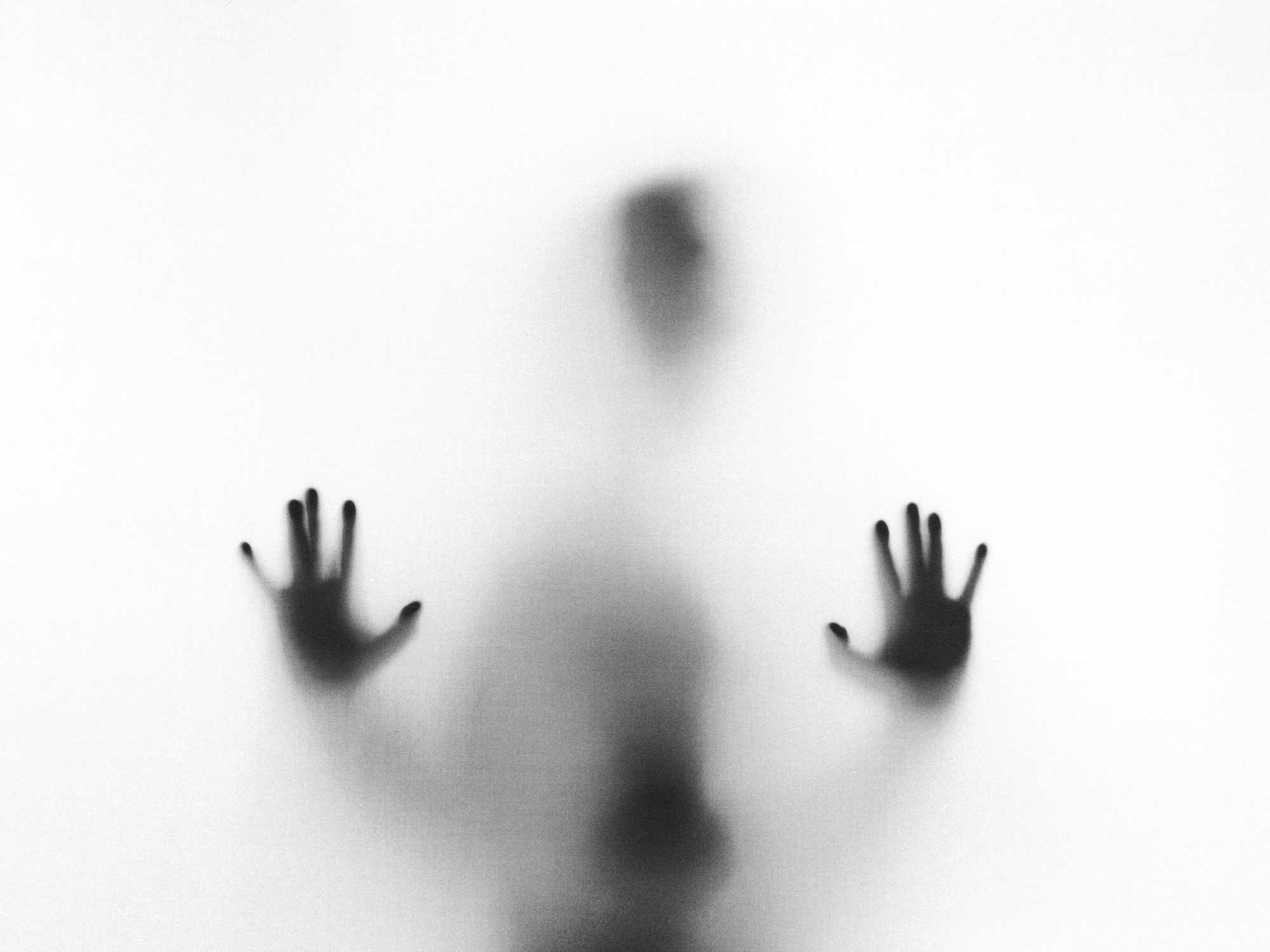Of all the different chemical imbalance mood disorders that we need to discuss, depression is by far the mostcommon. Depression is one of the most undiagnosed and disabling medical conditions in society today. The term depression is reserved for prolonged disorders of mood that require professional help.
Depression is usually very prolonged, with unrelenting symptoms. It is often, though not always, characterized by sadness. There is an inability to enjoy activities, and all interests fade. There is general hopelessness and a lack of ability to control or steer thoughts. Most depressed people say they can’t shut their minds off from unwanted negative thoughts. This heavy thought “traffic” makes it hard to concentrate.
Depression is more disabling than most chronic illnesses. Even though very effective treatments are now available, most people with depression remain undiagnosed and untreated due to a lack of awareness and failure to accept depression as a legitimate illness. The unnecessary suffering often continues for a lifetime, causing intense mental, emotional and physical anguish and disrupting all relationships, both at home and at work.
All disorders of mood are strongly inherited. The Stanford School of Medicine has reported that if a close family member has depression, then a person has a thirty percent risk of developing depression in their lifetime compared to a ten percent risk in the general population.
Depression is not a benign illness. The New England Journal of Medicine stated in June 2007 that up to fifteen percent of untreated depressed patients will commit suicide. Most people who commit suicide have a treatable mental illness. This means that there are a very large number of preventable suicide deaths.
If the depression remains untreated or unhealed, the chemical imbalance will be a severe handicap to a maturing faith in God. It will be very hard to pray, worship or socialize while depressed. If a new believer with depression is not helped with his mood disorder, it is very likely that he will become discouraged in his walk with God and then give up and return to his previous lifestyle.
What Causes Depression?
The brain is divided into regions or “control centres” that direct every activity of the body.
Forming a thought is as physical an event as blinking an eye or moving an arm. Nerve cells in the brain allow us to form thoughts in the same way that they permit movement. We only have full control of our thoughts when all the nerve cells are working properly to give us that control. This process is subject to malfunction like processes in any other part of the body. We can lose voluntary control of our thoughts if we have a nerve cell malfunction or an imbalance of nerve transmitter chemicals, even though we may have the best of intentions to control our thoughts.
Somewhere in the brain there are nerve cells responsible for controlling thought content and thought speed. These cells are called the mood control centre. This centre controls what we think about and how fast we think about it. It, therefore, controls mood and concentration.
When the control centre is functioning well, our mood will always eventually return to the normal range regardless of the degree of negative stress that would be depressing or positive stress that would be exhilarating. There are very specific chemical substances called neurotransmitters that are produced by brain cells to regulate these control functions.
It is now well established that mental illnesses are usually the result of an imbalance in the chemicals associated with mood control. This tendency to malfunction is usually inherited. Symptoms may just appear without reason, or depression may come as a result of stressful circumstances that bring out the inherited tendency. As a result of the discovery of the above facts, depression is now seen as a physical illness needing and responding to medical treatment.
Due to the genetic nature of the condition, a triggering stress is not always needed. Sometimes depression just develops over years with no obvious cause. There is no doubt, however, that stress can trigger a depressive illness in someone who already has the genetic potential for depression. If there is very strong genetic potential, then it will take very little stress to trigger an illness and symptoms may appear at an early age. If the genetic link is weaker, then more stress is needed to cause disability and the condition may not appear until late in life, if at all.
How does a Depressed Person Feel?
Generally speaking, depressed people usually have been sad for prolonged periods without obvious cause.
Depressed people lose interest in most activities that had previously given them pleasure. They feel defeated, useless, hopeless, unable to pray, punished by God and unworthy of anyone’s love or God’s forgiveness.Plagued by guilt, they condemn themselves for not being able to “snap out of it.”
Some have increased irritability and will attack everyone around them as the likely cause for their unhappiness. They find it hard to relax or ever feel content.
Depressed people often have great difficulty falling asleep due to persistent and uncontrollable racing of unpleasant thoughts or worries through their minds. Many will awaken unusually early and be unable to fall asleep again because of the same racing of thoughts.
Concentration on work, pleasure or reading becomes impossible while struggling with the continuous stream of unpleasant and depressing thoughts that cannot be kept out of the mind. It is hard for them to keep their minds focused on anything. Memory seems to fail, and it becomes very difficult to finish any project due to fatigue or lack of interest.
Fatigue becomes overwhelming in eighty percent of depressed people. Daily responsibilities that were previously easy and pleasant are seen as enormous undertakings. Everything becomes such an effort that all activities are avoided.
Depressed people also find it very hard to make decisions since their self-confidence is so low and concentration is so impaired. Anxiety becomes a continuous thought pattern that cannot be turned off.
Depressed people will worry about everything, even tiny details of life that never before attracted their attention. Fifty percent of depressed people can’t stop worrying. Intense fear and worry may induce unusual behaviour patterns.
Chronic pain is often present, and it hides the underlying depression.
Socialization is difficult during depression, and it becomes very uncomfortable to attend any social gathering.
Crying becomes a frequent event.There is a tendency to blame others, especially spouses, family members or God for their state of unhappiness.
Why do Depressed People Commit Suicide?
Depression is a potentially fatal illness, and unfortunately, suicide is common. As stated earlier, fifteen percent of untreated depressed people will successfully kill themselves. When people consider or plan suicide, it’s because they become overwhelmed with hopelessness and see death as the only escape from the torment of their present reality.
Many who attempt or talk about suicide are actually calling out for help. It is at this point that we should take the threat seriously and guide them into treatment.
Some Classic Warning Signs
1. A person’s mood may rapidly decline so that they are preoccupied with hopelessness and despair.
2. Reckless behaviour that is out of character, where the person no longer cares about consequences.
3. Become more socially withdrawn, lose interest in activities or friends, stop eating and give away important possessions.
4. Open discussion of death
How does Depression Affect a Christian?
Depression disrupts all relationships, including a person’s relationship with God. A depressed Christian will feel that they have lost the joy of their salvation and that they no longer feel God’s presence. God will seem farther away, silent and unreachable. It will be very difficult to pray and do devotions since both of these acts require concentration, which is disrupted by depression.
The victim will be unable to participate fully in worship services, since they feel dead inside. At this point, many assume that God is punishing them or that they have committed the unpardonable sin. A Christian will then suffer even greater depressive pain, since they feel cut off, not only from people, but also from God, their last resort for help.
When well-meaning Christian friends find out how depressed the person is, they will suggest a greater commitment to prayer and Bible study as a treatment for the condition. This, of course, is impossible, since both acts require a great deal of concentration, which depression always interferes with. Unfortunately, this inability to pray and study will indicate to the friends that the depressed person must have a spiritual problem or a lack of faith or that he doesn’t really want to get well.
These methods only work when a person has total thought control, which allows him to change his thinking patterns. When Christian self-help methods fail, the depressed believer feels so spiritually dead and hopeless that he may give up Christianity completely.
Another source of confusion for Christians is over the question, “Is depression genetic or the result of an inherited generational curse of demonic origin?” The medical viewpoint is that the tendency to have a mood disorder is inherited genetically, because the problem runs in families. The solely spiritual view is that since it runs in families, it must be a generational curse. Actually speaking, both views are partially correct and both problems should be addressed.
Mood disorders are the only conditions that exist in both realms, physical and spiritual. There is no doubt that the chemical imbalance is a physical condition that is biologically inherited. It should be treated medically. It is also true that Satan loves to harass those with mood disorders and that he attacks families that are affected by depression because they are more vulnerable. This attack needs to be dealt with spiritually.
< Previous Article
Next Article >

THP Team
The Healing Project Team comprises compassionate individuals who understand the struggles of mental health and faith. We are here to offer support, acceptance and hope through God’s healing plan.
Source: Emotionally Free by Grant Mullen

